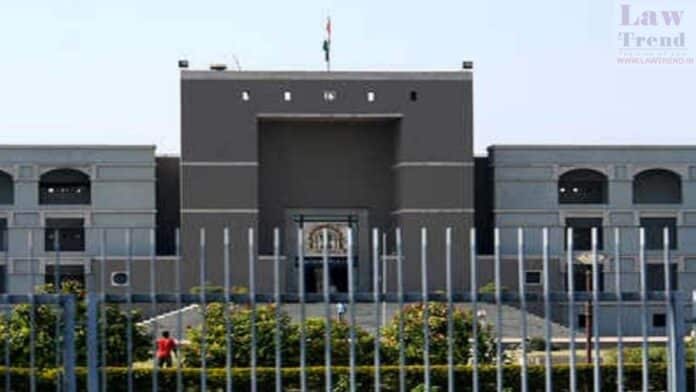The Gujarat government has informed the High Court that it is planning to withdraw amended provisions of the Disturbed Areas Act, which restricts sale or transfer of property in areas notified under it.
The Act, amended in 2019, bans sale of property by members of one religious community to those from another community without the prior approval of the district collector in areas declared as “disturbed areas”.
Through the amendments, the state government had added some stringent provisions.
Responding to a set of petitions filed by Jamiat Ulama-e-Hind challenging constitutionality of the amendments to the Act, the state revenue department, through an affidavit, informed the Gujarat High Court on Wednesday that “the Respondent State is contemplating to come out with amendments to the impugned provisions that are subject matter of challenge in the petition.”
“In view of this, the grievances raised by the petitioner may not survive after the proposed amendments,” the affidavit said.
The affidavit, signed by revenue department’s deputy secretary (stamp) Prerak Patel, was submitted before a division bench of Chief Justice Sunita Agarwal and Justice Aniruddha Mayee during a hearing.
The bench has kept the matter further hearing on December 5.
In 2019, the state BJP government amended the Gujarat Prohibition of Transfer of Immovable Property and Provision for Protection of Tenants from Eviction from Premises in Disturbed Areas Act-1991, commonly referred to as the Disturbed Areas Act, which has been in force in communally sensitive areas of the state, including in Ahmedabad and Vadodara.
In 2020, the then President Ram Nath Kovind gave his assent to the amended Disturbed Areas Act.
Under the amended Act, the collector can check if there is any “likelihood of polarisation”, “disturbance in demographic equilibrium” or any “likelihood of improper clustering of persons of a community” if the transfer takes place.
The collector can reject the application of transfer after making an assessment on these grounds. The aggrieved person can file an appeal with the state government against the collector’s order, as per the Act.
The Act also empowers the state government to form a “monitoring and advisory committee” to keep a check on the demographic structure in the disturbed areas.
To stop people from acquiring properties in disturbed areas through illegal means, the Act proposed imprisonment between three to five years along with a fine of Rs 1 lakh or 10 per cent of the value of the property, whichever is higher.
These amendments were challenged before the HC in 2021 by Jamiat Ulama-e-Hind, saying it violates Articles 14, 19, 21, of the Constitution.
After admitting the plea in 2021, the HC directed the Gujarat government not to issue any fresh notification under amended sections of the Disturbed Areas Act.
According to Jamiat Ulama-e-Hind, Muslims and other minorities of Gujarat who are already ghettoised will be further marginalised and segregated under the said legal sanction.
Also Read
The petition said the amended Act desires to compartmentalise communities based on the so-called ‘common traits’.
It introduces the concept of identification of proper clustering of persons of one community on the basis of traits of residents of a particular geographical area having common norms, religion, values or identity and sharing a sense of place in the said area, the plea said.
The criteria laid down by the government to declare an area as disturbed under the Act are vague, uncertain and basically opposed to the constitutional values of equality, liberty and fraternity, it said.
The Act denies equality of status and opportunity to marginalised communities who will be forced to live in ghettos which will hamper their overall development, the petition said.




